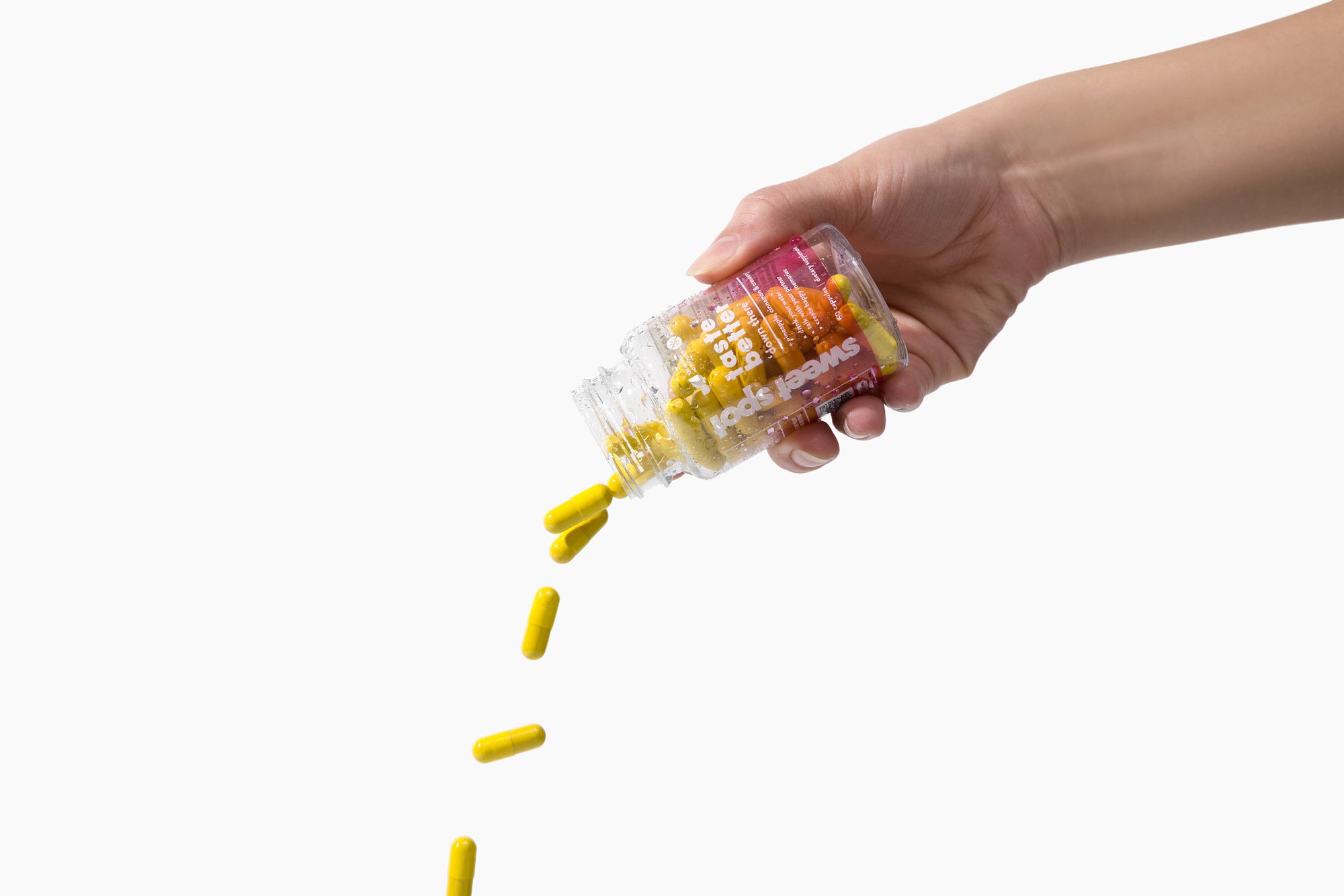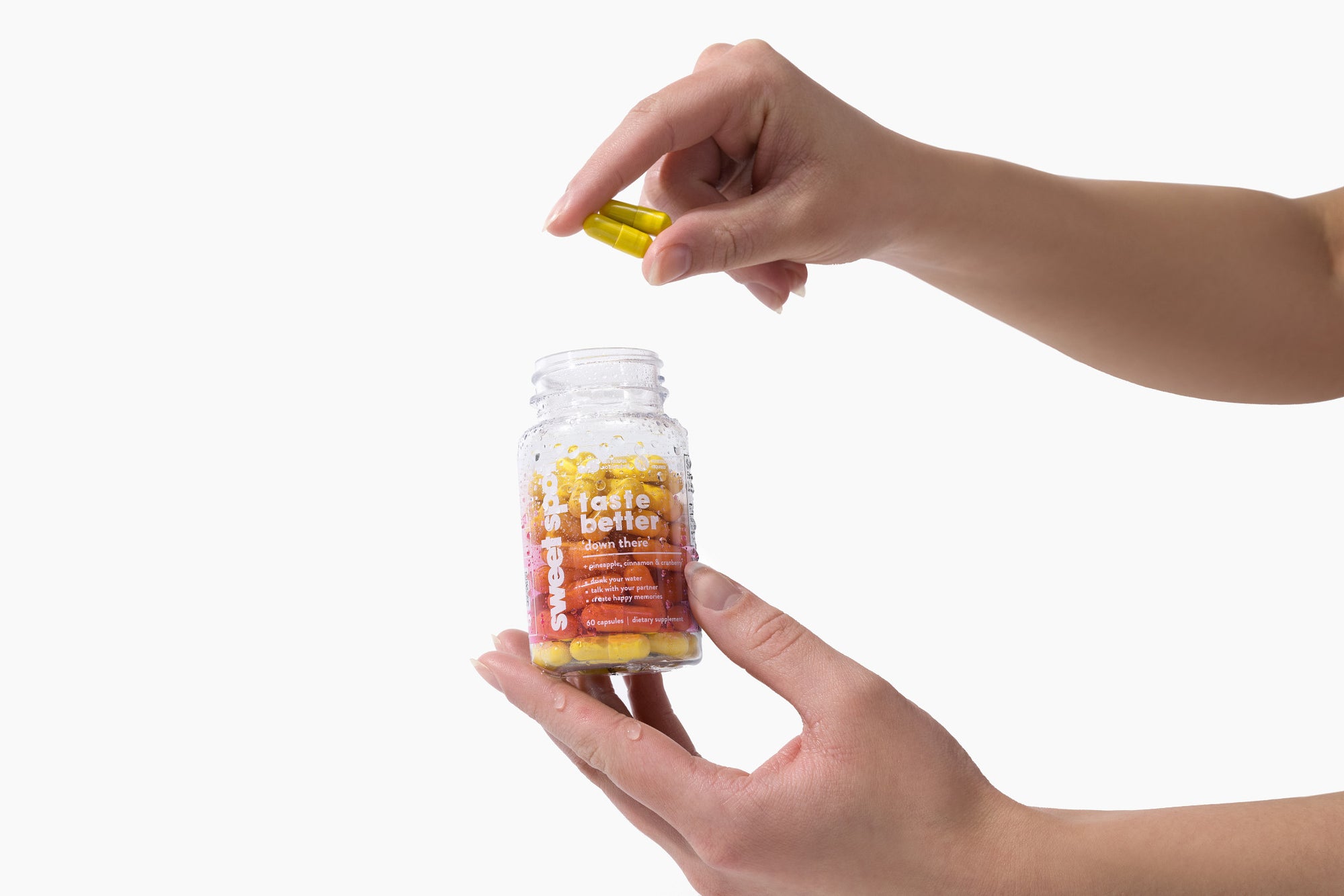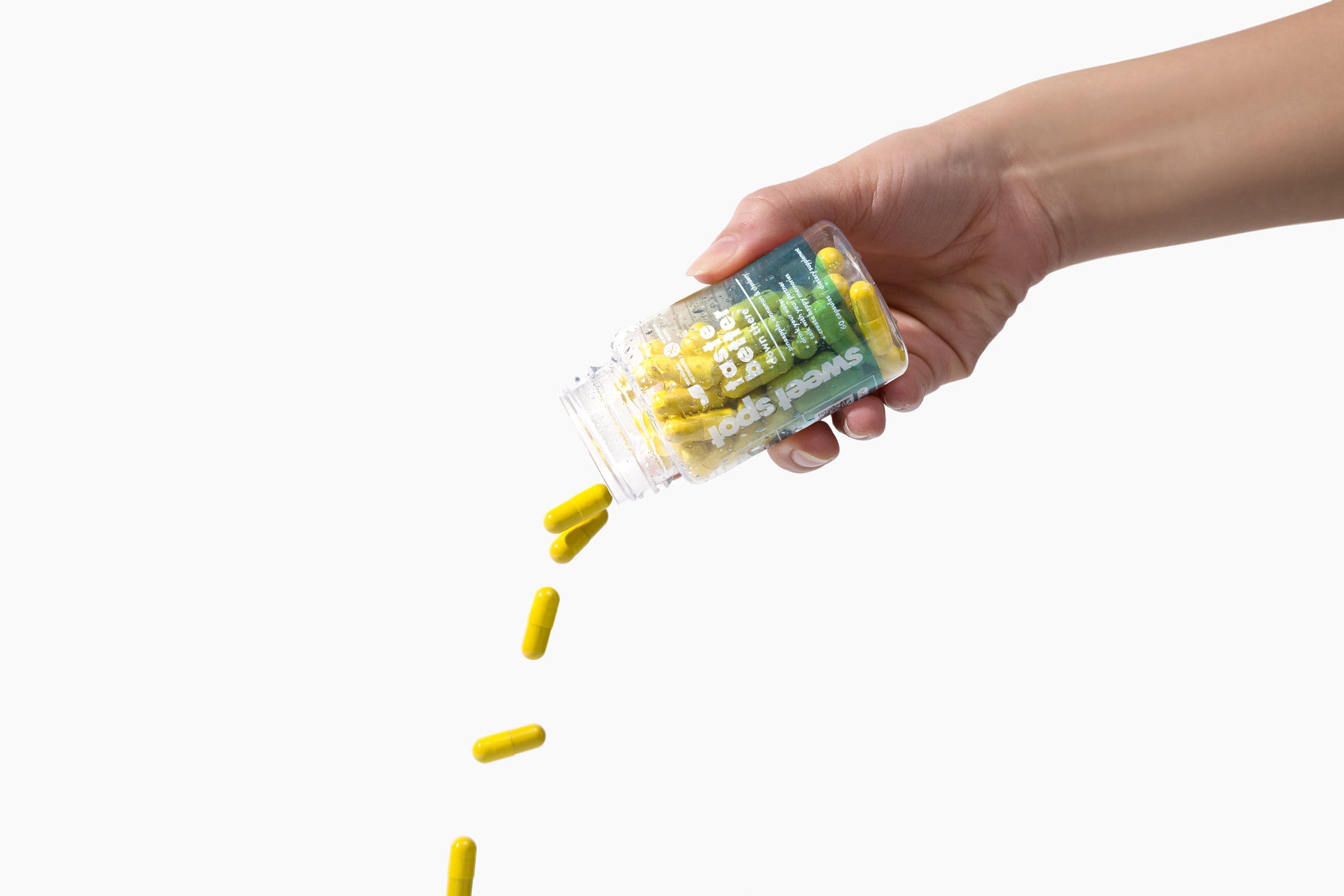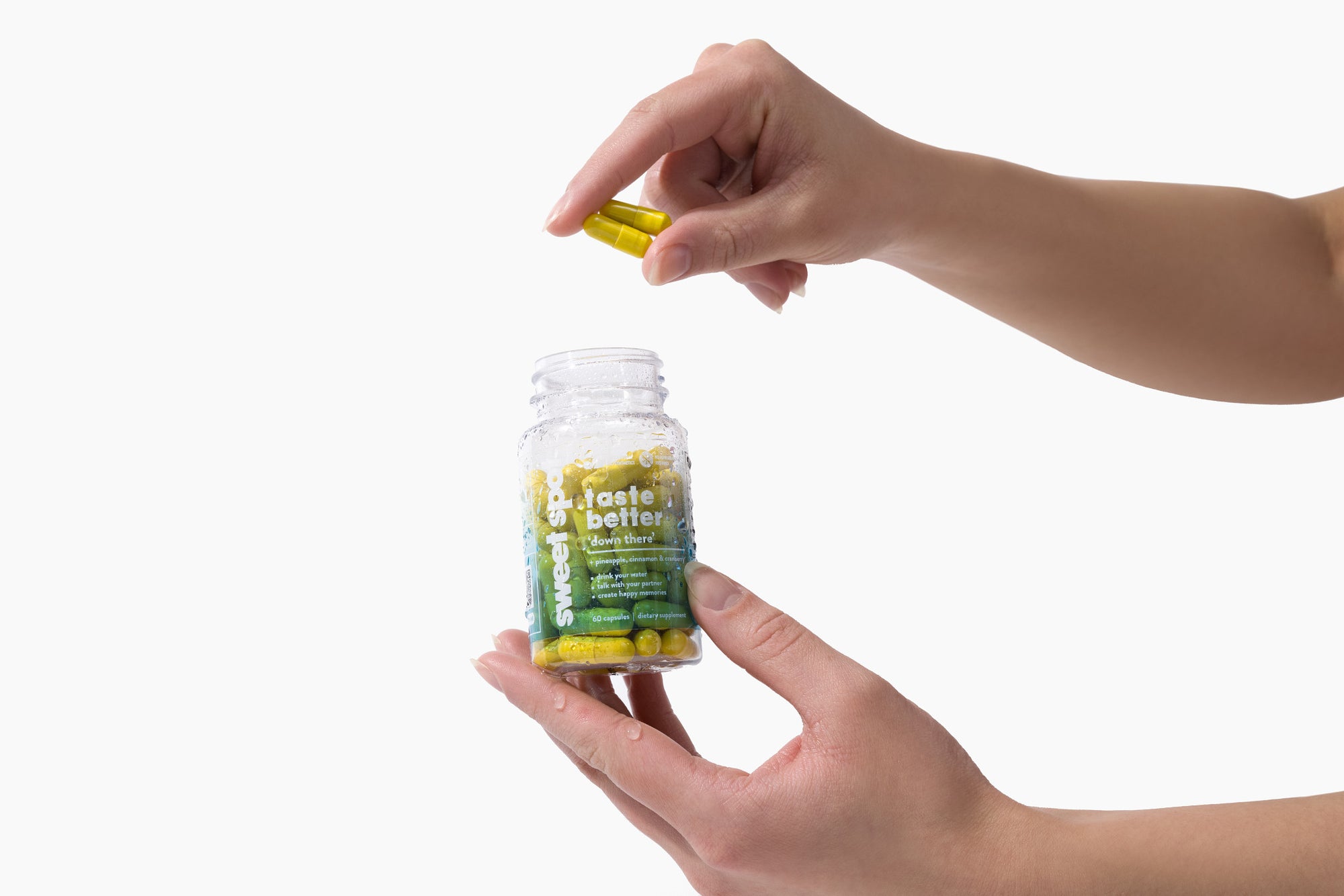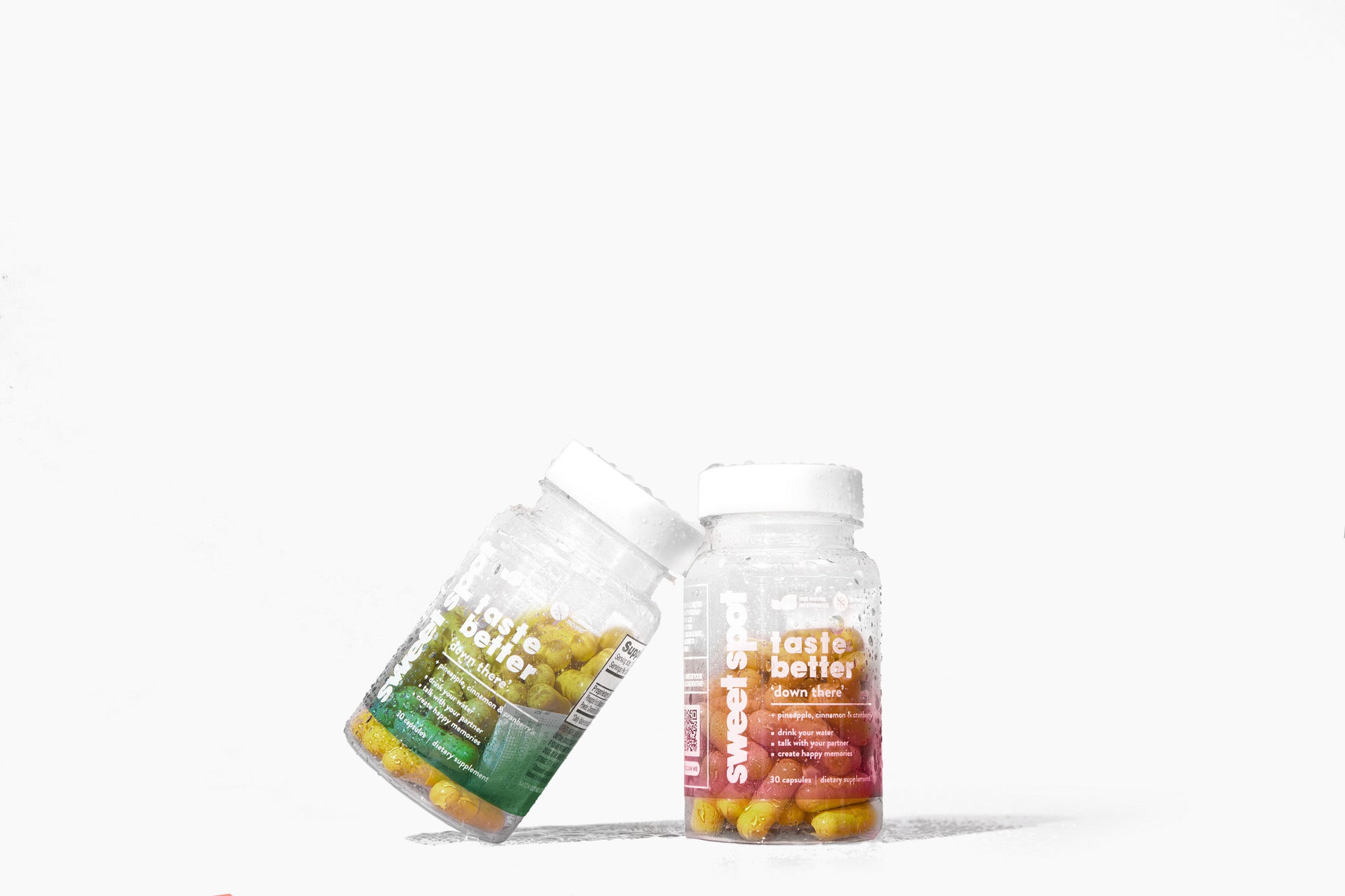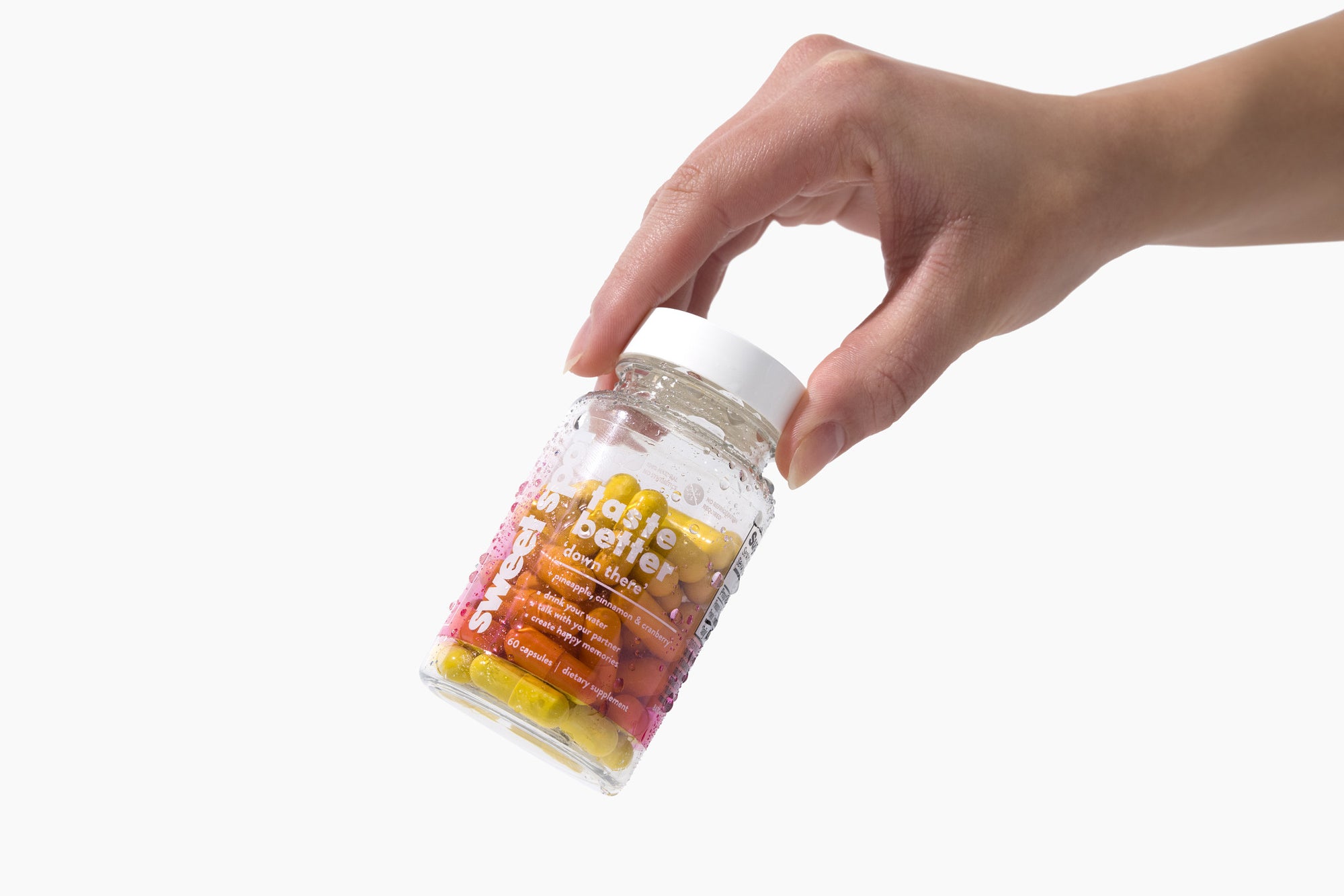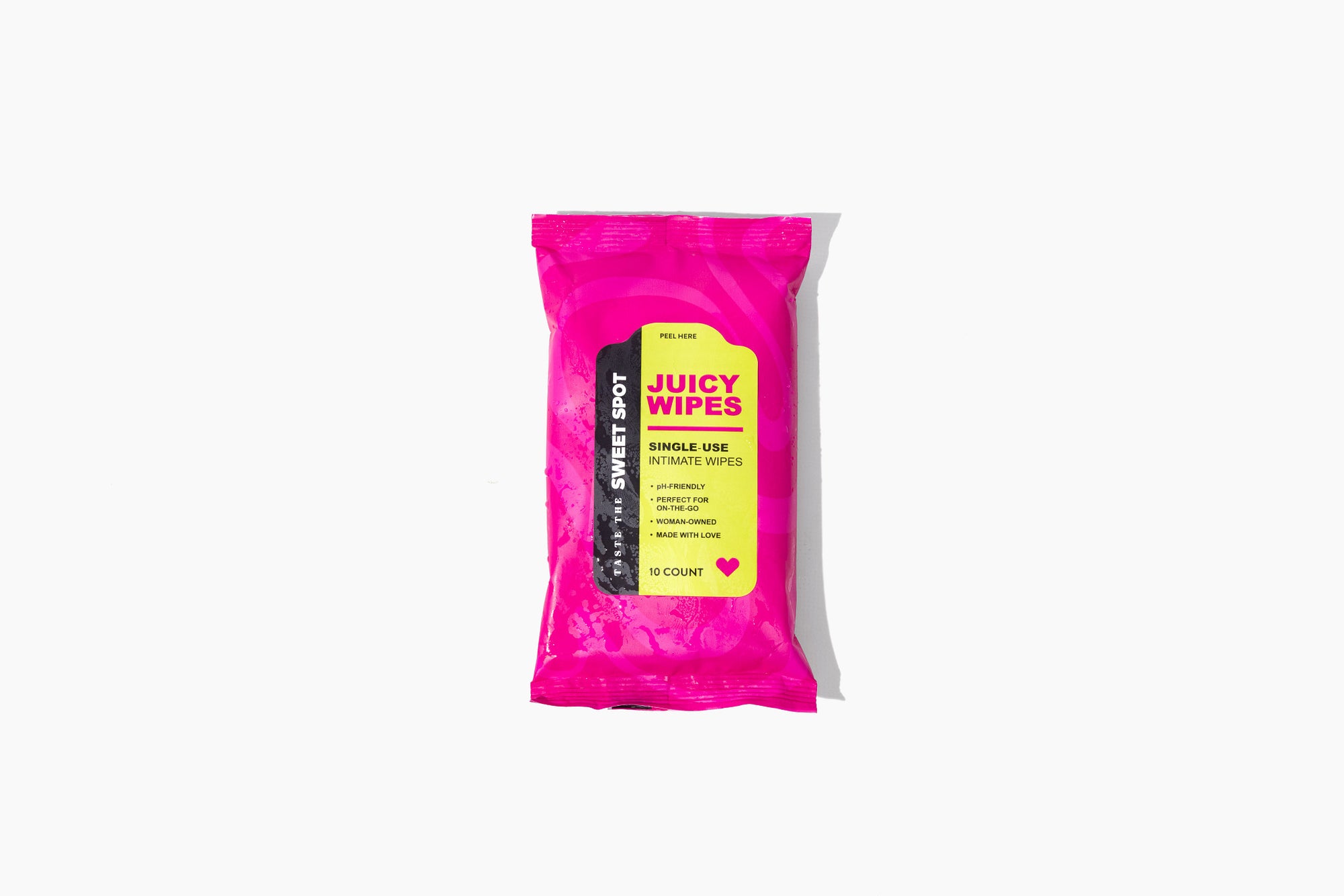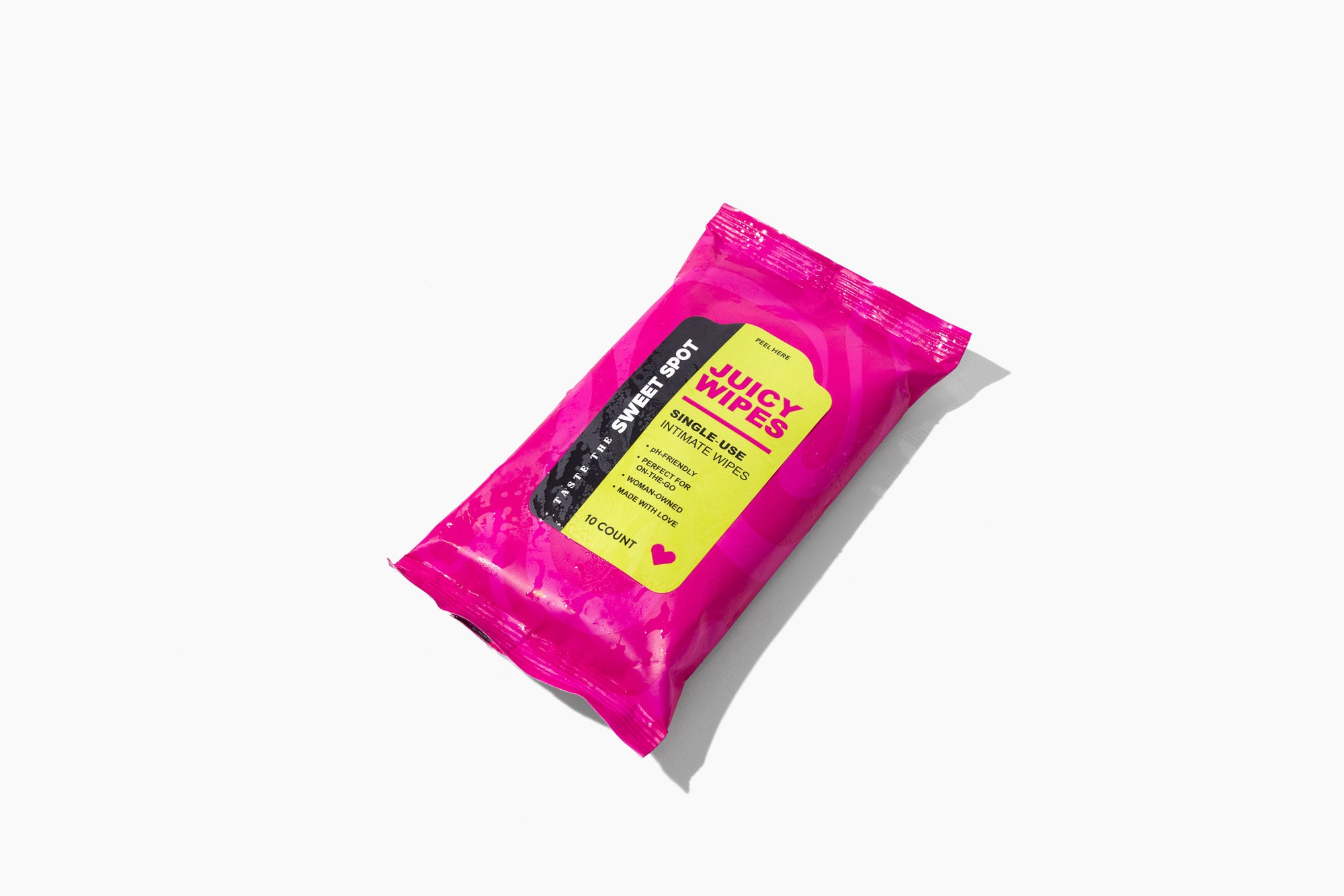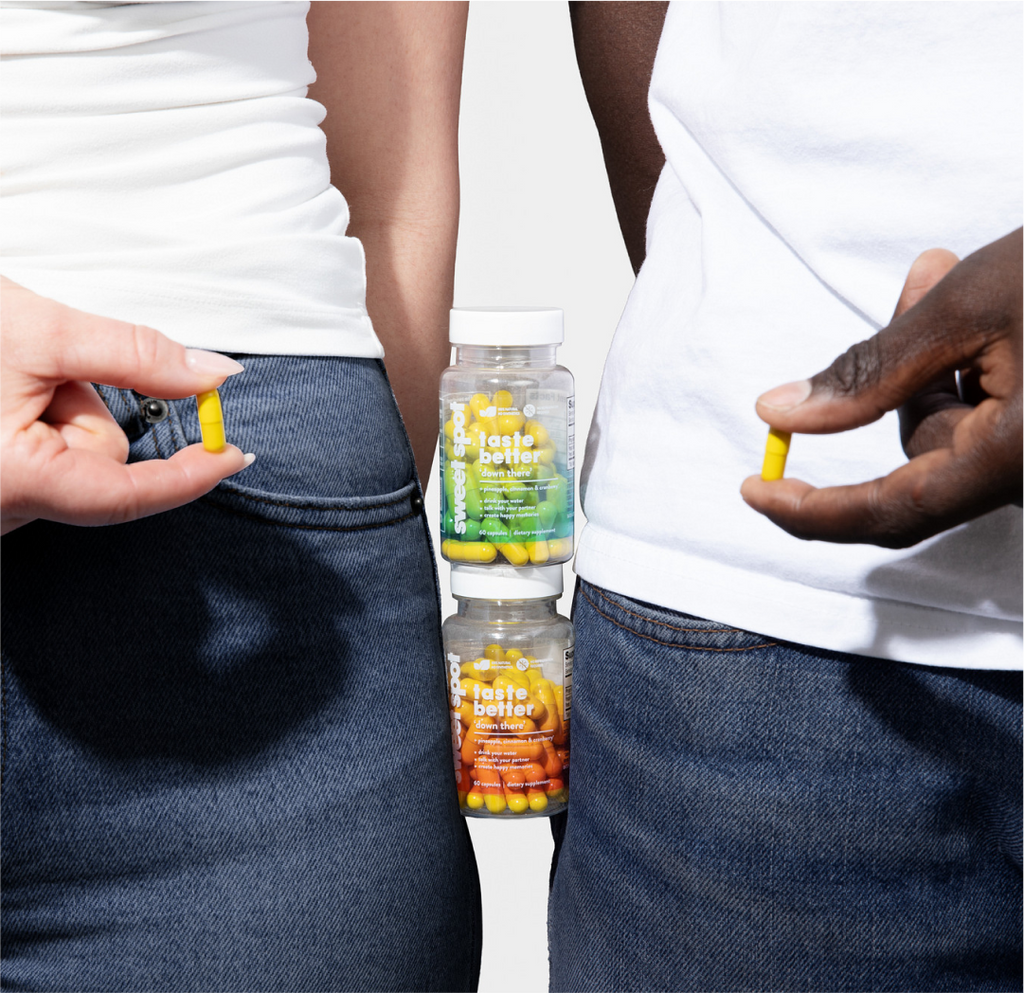

Does Pineapple Make You Taste Sweeter?
Debunking the Pineapple Myth: Separating Fact from Fiction About Taste and Smell
The Myth vs. Reality
For decades, popular culture has perpetuated the idea that eating pineapple makes bodily fluids taste sweeter. While this myth fuels jokes and trending topics, scientific evidence remains scarce. People who feel insecure about how they taste may rely on anecdotal claims without understanding the underlying biology.
What Makes Pineapple Unique?
Pineapple is a tropical fruit loaded with vitamin C, manganese, bromelain enzymes, and antioxidants such as flavonoids and phenolic acids. A single cup provides more than 88 percent of your daily vitamin C requirement[10]. Vitamin C supports immune function, collagen synthesis, and wound healing, and acts as a powerful antioxidant that neutralizes free radicals. Manganese is essential for metabolism, bone formation, and blood clotting[10]. Bromelain is a mixture of enzymes that aid digestion by breaking down proteins and exhibiting anti‑inflammatory properties[10]. These compounds contribute to overall health and may indirectly influence sexual wellness.
Does Pineapple Make You Taste Sweeter?
According to a Well+Good interview with health experts, no hard scientific evidence proves that eating pineapple dramatically changes the taste of semen or vaginal fluids. While pineapple’s natural sugars and acids may temporarily alter the flavor of saliva or digestive juices, these effects are mild and short‑lived. Diet can influence how you smell and taste, but results vary widely between individuals. Factors such as gut microbiome composition, hydration status, smoking, caffeine intake, and overall diet have a greater impact[9]. Nevertheless, pineapple’s nutrients can support sexual health indirectly by boosting immunity, improving circulation, and reducing inflammation[11].
The way your body metabolizes sugar directly affects taste and odor. Natural sugars found in whole fruits like pineapples, berries, and citrus come bundled with fiber, vitamins, and antioxidants that slow absorption and support the gut microbiome. Processed sugars and high‑fructose corn syrup, however, cause rapid spikes in blood sugar and may lead to inflammation and unpleasant body odors. Swapping sugary sodas and desserts for fruit smoothies or sliced fresh fruit helps stabilize glucose levels, nourish beneficial bacteria, and reduce the risk of yeast overgrowth. Over time, these changes can subtly influence how you taste and smell while improving overall health.
Throughout history, cultures around the world have believed that specific herbs, spices, or foods can alter bodily secretions, but scientific support for these claims is limited. In Mediterranean regions, fenugreek and mint are thought to sweeten sweat, while some Asian traditions recommend cilantro or jasmine tea. These practices reflect the broader truth that diet influences health, which can in turn affect taste and odor. Rather than relying on anecdotal remedies, focus on evidence‑based strategies—like maintaining a balanced diet rich in fruits and vegetables, reducing processed foods, and taking targeted probiotic supplements—to achieve noticeable improvements.
Indirect Benefits of Pineapple for Sexual Wellness
· Vitamin C and Nitric Oxide – Vitamin C supports the nitric oxide pathway, which plays a role in sexual arousal and erectile function. It also fights oxidative stress, protecting tissues from damage[11].
· Bromelain’s Anti‑Inflammatory Effects – Bromelain may help reduce inflammation after intense exercise and assist in tissue repair[10]. Reduced inflammation can improve blood flow and comfort during intimate moments.
· Manganese and Libido – Adequate manganese intake is linked to hormonal balance and may support libido[11].
· Antioxidants – Pineapple’s antioxidants help neutralize oxidative stress, which contributes to cellular aging and chronic disease.
Fermented Pineapple Juice and the Vaginal Microbiome
Interestingly, researchers studying fermented pineapple juice found that it may promote the growth of healthy vaginal bacteria[9]. Fermentation produces lactic acid and other compounds that mimic the environment created by Lactobacillus in the vagina. While this finding is preliminary, it suggests that pineapple can contribute indirectly to a balanced microbiome when consumed as part of a fermented beverage rather than a whole fruit.
Lifestyle Factors That Influence Taste and Odor
Even though pineapple alone won’t magically sweeten bodily fluids, your lifestyle plays a significant role in taste and odor. Smoking introduces tar and toxins that can make fluids taste bitter or metallic, while excessive alcohol and caffeine consumption may lead to dehydration and a more concentrated, unpleasant smell[9]. Highly processed foods rich in sulfur compounds (e.g., garlic and asparagus) or high levels of red meat can also affect taste. In contrast, a diet full of fresh fruits, vegetables, whole grains, and lean proteins tends to promote a more neutral or mildly sweet flavor.
Why the Sweet Spot Combo Uses Pineapple Extract
Although the pineapple myth is exaggerated, there are good reasons to include pineapple extract in a probiotic product. First, pineapple extract provides natural sweetness without added sugar, improving taste and encouraging compliance. Second, bromelain helps break down proteins and may reduce inflammation, supporting digestive comfort and overall well‑being. Third, vitamin C and manganese support immunity and sexual health[10]. By combining pineapple extract with targeted probiotic strains, cranberry, and cinnamon, the Sweet Spot Combo leverages pineapple’s benefits while addressing the real causes of taste and odor issues. People using this product report feeling fresher and more confident[1].
Tips to Naturally Improve Taste and Smell
1. Stay Hydrated – Water dilutes bodily fluids and helps flush toxins.
2. Eat a Balanced Diet – Focus on fruits, vegetables, whole grains, and lean proteins, which provide vitamins, fiber, and antioxidants. Sweet fruits can provide subtle flavor improvements[9].
3. Limit Smoking and Alcohol – These substances negatively affect taste and odor.
4. Maintain Good Hygiene – Wash daily with gentle, pH‑balanced products; avoid douching.
5. Use a Targeted Supplement – Choose evidence‑based probiotics like the Sweet Spot Combo designed for intimate health.
Choose Evidence Over Myths
While eating pineapple won’t magically transform your taste overnight, its nutrient profile supports immune health, blood flow, and general wellness. Pairing pineapple extract with clinically studied probiotics, cranberry, and cinnamon—as done in the Sweet Spot Combo—addresses the real drivers of odor and taste by balancing the microbiome and supporting urinary health. Learn more about how this innovative product can help you feel fresh and confident at Taste the sweet spot’s collection.



